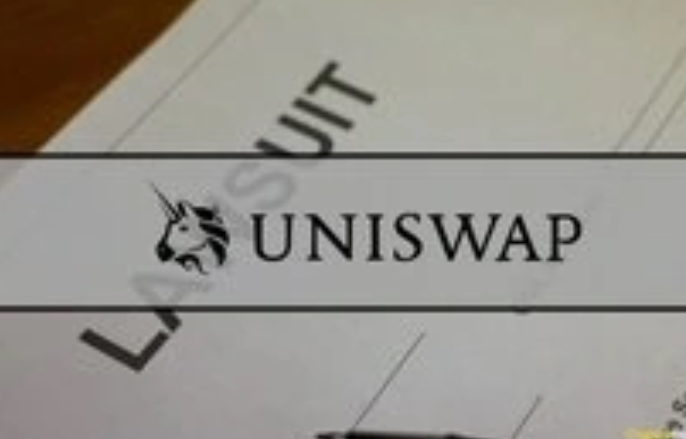Uniswap Labs said it is “ready to fight” the SEC, and believes its actions and protocol are in total compliance with the law.
The U.S. Securities and Exchange Commission (SEC) is cracking down on another corner of the crypto industry, this time targeting one of the biggest players in decentralized finance (DeFi).
On Wednesday, the regulator issued a Wells Notice against Uniswap Labs, the company behind the world’s largest decentralized exchange (DEX).
Uniswap To Be Sued By SEC
Uniswap Labs publicly confirmed the news in a press release on Wednesday, and assured followers that the team is “ready to fight.”
“This is the latest political effort to target even the best actors in crypto like Uniswap and Coinbase,” the team stated, referring to the SEC’s June 2023 lawsuit against the nation’s largest centralized crypto exchange.
“All Uniswap products and the Uniswap Protocol are unaffected,” they added.
Uniswap Labs is a New York City-based software company that serves as the primary contributor and developer of the Uniswap protocol on Ethereum.
The protocol lets users access trading and liquidity crypto tokens in a permissionless, trustless, global, and decentralized manner compared to traditional competitors.
Though Uniswap Labs did not specify what the SEC was planning to litigate over, the agency’s history provides clear clues. Last year, it sued numerous exchanges including Binance, Coinbase, and Kraken for illegally listing several alleged securities.
It’s also sued numerous project teams like Ripple, Terraform Labs, and others for issuing unregistered securities in the form of crypto tokens.
Uniswap Labs could feasibly be viewed as guilty of both activities. Not only does its protocol allow trading for thousands of tokens, but it also features a native token of its own, UNI, which gives holders a share of protocol revenue and voting power around its development proposals.
Uniswap’s Legal Defense
Uniswap argued that the assets “overwhelmingly traded” on its protocol do not constitute securities, citing the court decision in SEC v. Ripple. That includes the UNI token itself, which it claimed doesn’t pass the Howey Test since it doesn’t entail investment in one common enterprise.
“Even if the Ripple decision and the Supreme Court’s Howey test did not foreclose the SEC’s arguments, the Uniswap Protocol, web app, and wallet would still not meet the legal definitions of securities exchange or broker,” the firm added.
As a decentralized exchange, the firm claimed current law doesn’t give SEC jurisdiction over self-custodial, on-chain trading decisions.
“The Uniswap technology ecosystem is sufficiently decentralized, much like Bitcoin and Ethereum,” Uniswap Labs concluded. “We are confident that our products are on the right side of the law.”

